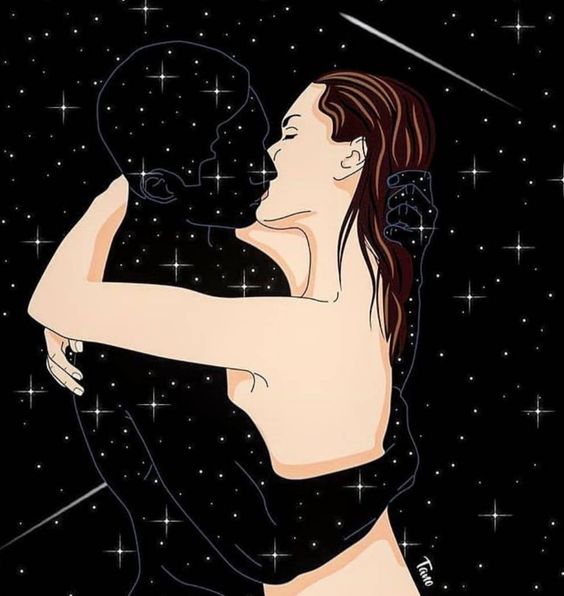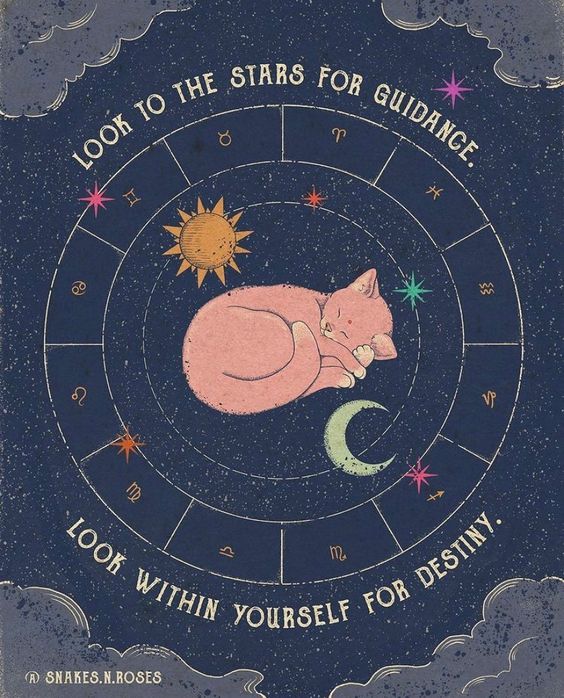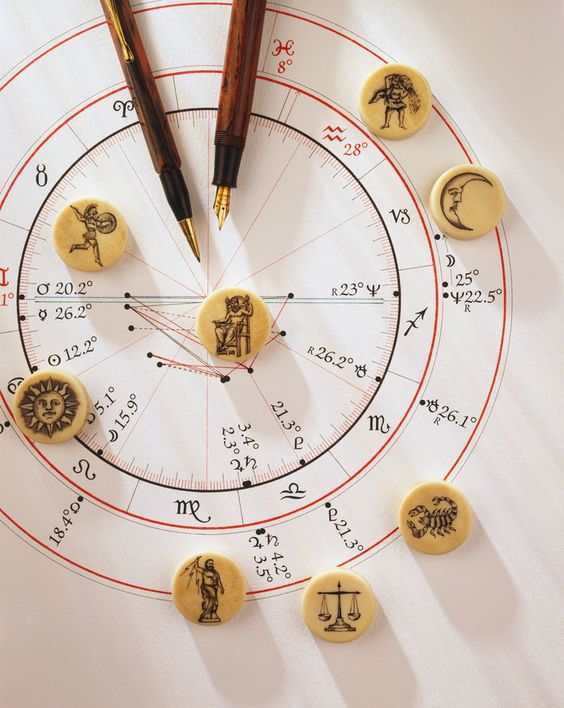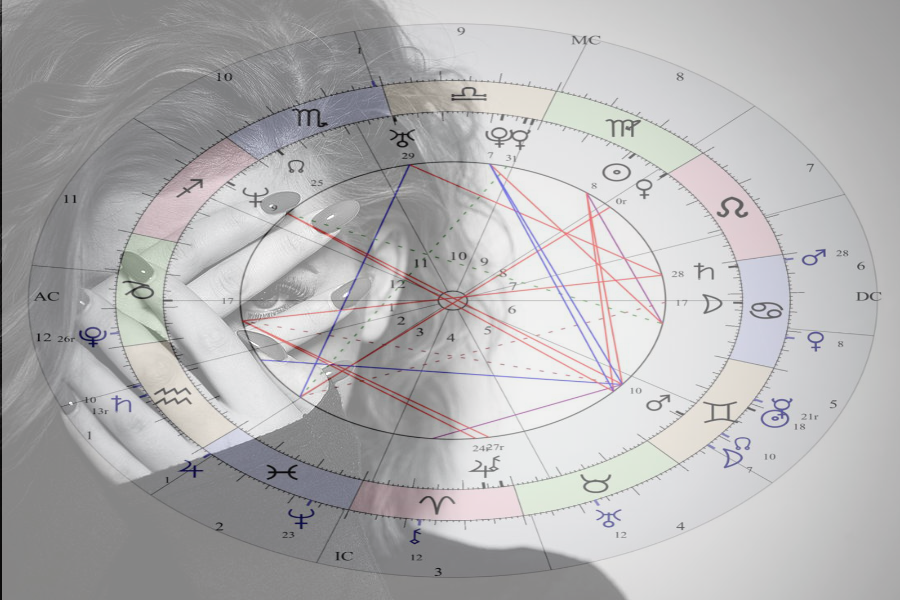 Uranus transits are astrological events that mark periods of significant change and liberation in our lives. Unlike the other outer planets, Uranus brings about revolutionary transformations, urging us to break free from self-imposed limitations and societal conventions. The keyword associated with Uranus is “change,” but this change is distinctively radical and transformative. Uranus transits encourage us to question established structures and norms, fostering a desire for individual freedom and personal authenticity. The influence of Uranus prompts us to reassess our lives, beliefs, and values, pushing us to liberate ourselves from constraints that hinder personal growth. This could involve breaking away from traditional career paths, relationships, or lifestyle choices that no longer serve our evolving selves.
Uranus transits are astrological events that mark periods of significant change and liberation in our lives. Unlike the other outer planets, Uranus brings about revolutionary transformations, urging us to break free from self-imposed limitations and societal conventions. The keyword associated with Uranus is “change,” but this change is distinctively radical and transformative. Uranus transits encourage us to question established structures and norms, fostering a desire for individual freedom and personal authenticity. The influence of Uranus prompts us to reassess our lives, beliefs, and values, pushing us to liberate ourselves from constraints that hinder personal growth. This could involve breaking away from traditional career paths, relationships, or lifestyle choices that no longer serve our evolving selves.
Living a superior life during Uranus transits implies perceiving change with an open mind and a willingness to explore new possibilities. It encourages us to tap into our full potential, unlocking dormant talents and pursuing paths that align more authentically with our true selves. The exhilarating phase of Uranus transits may be marked by unexpected events, unconventional choices, and a sense of liberation that brings both excitement and challenges. Overall, Uranus transits act as catalysts for personal evolution, pushing us beyond our comfort zones and prompting us to redefine our lives in more authentic and fulfilling ways. While the changes may be disruptive initially, they ultimately pave the way for growth, self-discovery, and a heightened sense of freedom.
Uranus transits serve as cosmic disruptors that vehemently oppose any form of repression in our lives. These astrological events often signal an impending rupture, manifesting as a relationship break-up, sudden accidents, acts of violence, or physical shocks. The energy of Uranus is dynamic and revolutionary, aiming to shatter existing structures and liberate us from any oppressive forces that may be constraining our personal growth. The severe rift associated with Uranus transits is not only external but also internal, as these celestial movements empower individuals to break free from self-imposed limitations and societal expectations. It’s a call to arms against any form of oppression, whether it be in relationships, career paths, or personal belief systems. Uranus acts as a catalyst for change, pushing us to seek new forms of expression and to embrace a more authentic and liberated way of living.
During Uranus transits, there is often a sudden and profound awareness that dawns upon individuals. This enlightenment may come in the form of a shocking revelation or a sudden realization of the need for change. The archetype of Uranus symbolizes far-reaching vision, encouraging us to look beyond our current circumstances and envision a better future. This visionary aspect of Uranus can inspire us to take bold risks in the pursuit of self-awakening and personal evolution.
The urge to break free from internal and external conditions, as well as any limited definitions we may hold, is a fundamental theme of Uranus transits. It challenges us to question societal norms, question our own beliefs, and venture into uncharted territories in order to discover our true selves. The discomfort and upheaval associated with Uranus transits are, in essence, the birth pains of a new and more liberated version of ourselves.
Mars, the ruling planet of the impulsive sign Aries and the co-ruler of Scorpio, plays a vital role in astrology and is associated with various aspects of human behavior and experience. As the ruler of the first house in the natural chart, Mars holds significance in shaping our individuality and how we approach life. Mars is often linked to attributes such as courage, mettle, and resolution, symbolizing our ability to confront challenges head-on. Its influence is palpable in situations that require assertiveness and a competitive spirit. The planet is considered masculine, embodying directness and a drive to pursue our desires with determination.
In addition to its more positive attributes, Mars is also associated with potential challenges. It is linked to accidents, surgery, and heat, reflecting the dynamic and sometimes unpredictable nature of the planet. The presence of Mars in an astrological chart can indicate how an individual responds to stress, pressure, and physical challenges. Furthermore, Mars is intricately connected to emotions and behaviors related to anger, aggression, and violence. Its association with desire and sex adds a layer of intensity to its influence, highlighting the passionate and assertive aspects of human nature.
When Uranus transits Mars, it introduces an element of rebellion and unpredictability. This astrological aspect can manifest as sudden shocks, arguments, and accidents. The energy of Uranus, known for its revolutionary and liberating qualities, combines with the assertiveness of Mars, leading individuals to act in a rebellious and disobedient manner. Personal freedom becomes a paramount concern during this transit, and the urge to break free from constraints and limitations is heightened.
Despite the potential challenges, positive aspects such as conjunctions and trines during this transit can provide an opportunity for constructive and innovative action. It becomes a favorable time to promote causes, advocate for change, and channel the rebellious energy into efforts that align with personal values. In summary, Mars in astrology represents the driving force behind our actions, desires, and competitive spirit. When influenced by Uranus during a transit, it can lead to a period of unpredictability and rebellion, emphasizing the importance of personal freedom and the potential for positive change through assertive and innovative endeavors.
Hard Uranus-Mars transits have been linked to accidents and mishaps, and there are a variety of reasons why this might be true. The combination of Uranus and Mars can be quite impulsive or rash; we rush into things with too much force and wind up tripping over our own feet in the process. And if we are hauling around a load of anger, anxiety and frustration, we attract more accidents than when we are truly calm and tranquil. We may be able to avoid certain mishaps if we take the time to confront and examine our own angry feelings before they build up to a dangerous degree. The Gods of Change: Pain, Crisis, and the Transits of Uranus, Neptune, and Pluto (Contemporary Astrology)
According to Sue Tompkins, Uranian changes may sometimes be a result of an inability to make smaller, day-to-day adjustments. The inner impulse for movement and change accumulates over time, creating a pressure that eventually leads to more extreme transformations. Tompkins suggests that individuals undergoing Uranian transits may experience profound shifts either due to external circumstances imposing change or as a response to an inner calling to overthrow the existing situation. This aligns with the idea that, when faced with stagnation or suppression on a smaller scale, the accumulated need for change can erupt in more dramatic and transformative ways.
A notable example she mentions involves individuals who may have been concealing their sexuality, feeling confined by a self-imposed prison of fear, depression, anxiety, and loneliness. Under the influence of a Uranian transit, there can be a breaking point where the truth is revealed, and individuals find liberation in expressing their authentic selves. This process can be challenging, yet ultimately transformative and liberating.
The quote from William Shakespeare, “This above all, to thine own self be true,” encapsulates the essence of this transformative journey. It implies that embracing one’s true identity and living authentically is a fundamental principle that can lead to personal liberation. Uranus, with its disruptive and liberating energy, often catalyzes such moments of self-discovery and expression.
In essence, Tompkins suggests that Uranian changes serve as a powerful catalyst for breaking free from self-imposed constraints, whether they be related to personal identity, relationships, or other aspects of life. The process might be intense, but the revelation of the true self can bring a sense of authenticity and freedom that was previously elusive.












